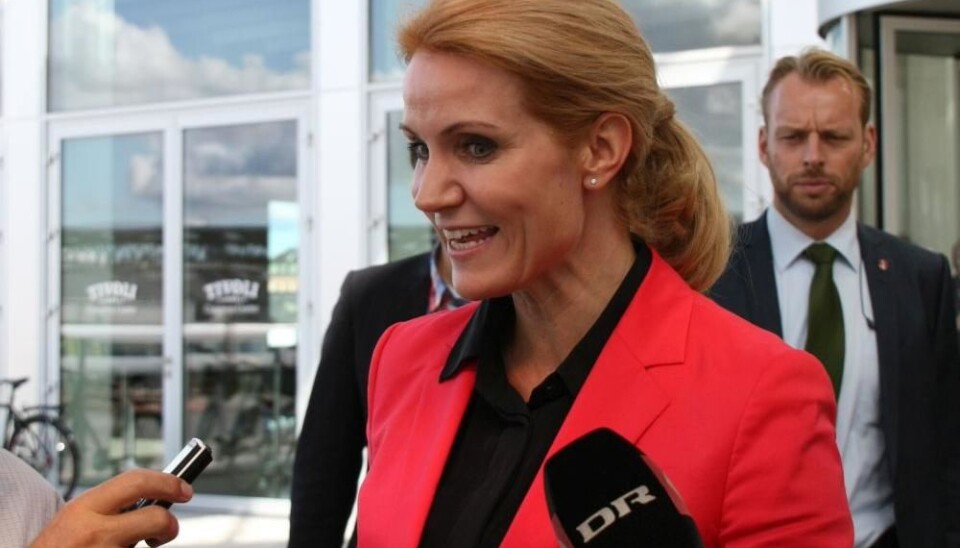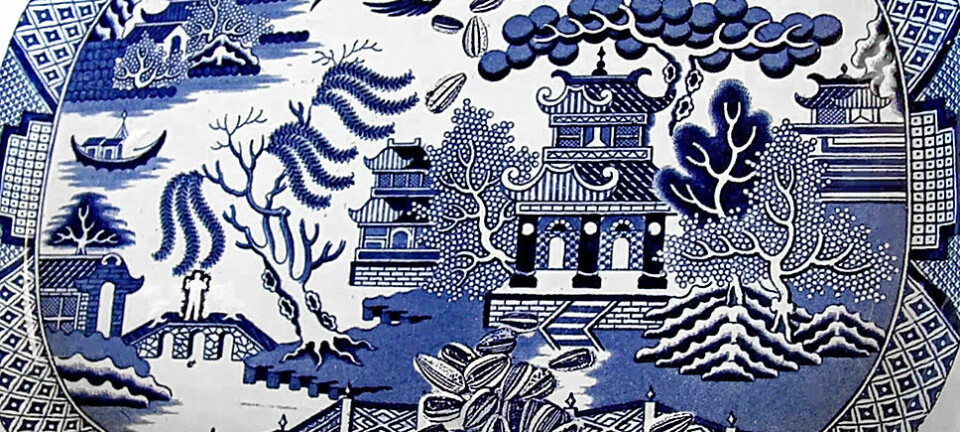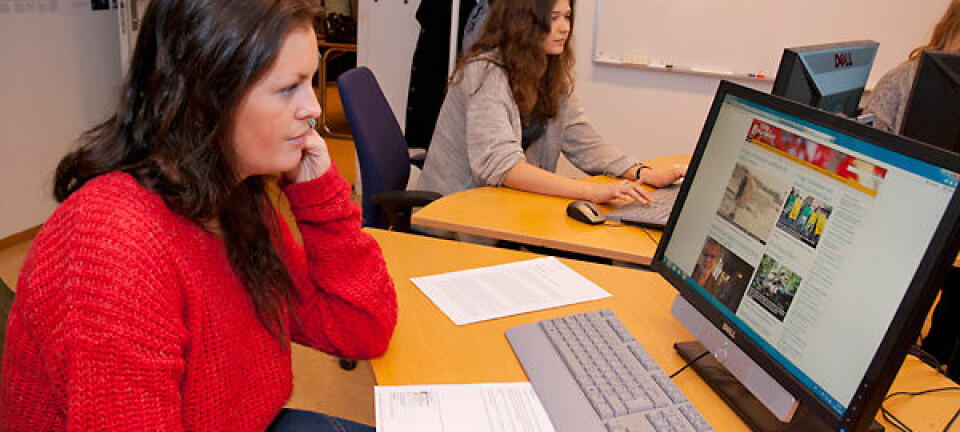
In politics, bad publicity is not better than no publicity
Constant presence in the media damages the government's approval ratings, shows new study.
"There's no such thing is bad publicity" is a phrase we're all familiar with but now it turns out that it probably isn't true after all – at least for politicians.
In an analysis of more than 30,000 news features about the ruling government aired on Danish radio over the past 20 years, a team of scientists have proven that critical coverage in the media leads to a decline in public approval ratings.
It would seem that “bad publicity” is real enough.
The government has easy access to the media
The new study punches a hole in the theory that more media coverage is always good for the government – what is known in political science as an incumbency bonus.
“It's never difficult for the government to get a mention in the media, but this is not necessarily an advantage. The parties are held responsible for all problems big and small in society, even though they may not have caused them," says study author Professor Christoffer Green-Pedersen from the Department of Political Science at Aarhus University.
"Some problems in society are basically irresolvable. For instance nobody has found a model for problem-free integration or for the avoidance of radicalisation in society. But when an issue shows its head you're held responsible. Such cases are, on the other hand, an advantage to the opposition, who are able to keep a low profile and avoid responsibility. They sort of take shelter," he says.
Election campaigns make it slightly easier to be in the media
According to Green-Pedersen, the paramount reason for government taking a bashing is that it is in the media's DNA to take a critical approach to power.
The media's criticism is almost constant – except when there’s about to be an election. Then it seems as though the government's heavy press coverage becomes a bit lighter.
Green-Pedersen points at two causes in particular the government getting less of a bashing in the media during an election campaign.
During elections, the media generally removes its focus from the classic, ideal role as society's guard dog which ensures that vital societal matters are covered and becomes preoccupied with what is going on within the parties – gossip, tactics, and cross-party alliances. The result is a loss of incumbency bonus.
At the same time, the media try to create a balanced coverage during an election campaign to make sure that they listen to all parties. Smaller parties suffer in the usual, day-to-day news stream because their opinions are relatively uninteresting, whereas in an election campaign everybody has the right to speak out
Study based on extensive analysis
The researchers' conclusions are based on a review of 30,000 news items broadcast in the national Danish Broadcasting Corporation's radio news during the period 1984 to 2003.
With such an amount of data, the study attracts praise from other researchers.
"This is a beautiful piece of work," says David Hopmann, an assistant professor at the Centre for Journalism at the Department of Political Science, University of Southern Denmark.
The analysis itself makes good sense, he says. "They have an excellent database, and have even included an analysis of the opinion polls, so they are proving that things really are as they say. It's really good that they have documented in such detail that not all kinds of visibility are beneficial.”
The results likely also apply to today's government
According to Green-Pedersen, the study also tells us something about the contemporary media picture – even though the analyses is based on material that in certain respects is more than 30 years old.
"We’ve examined whether the tendency developed over the period from 1984 to 2003. It didn't. We observed the same dynamic throughout the 20 year period, and it basically reflects how the media functions, so we assume that things are the same today," he says.
The researchers write in the scientific article – recently published in the British Journal of Political Science – that the results can be applied to northern and central Europe and probably also in other parts of the world where the media picture is similar to that of Denmark’s.
-------------
Read the original story in Danish on Videnskab.dk
Translated by: Hugh Matthews











